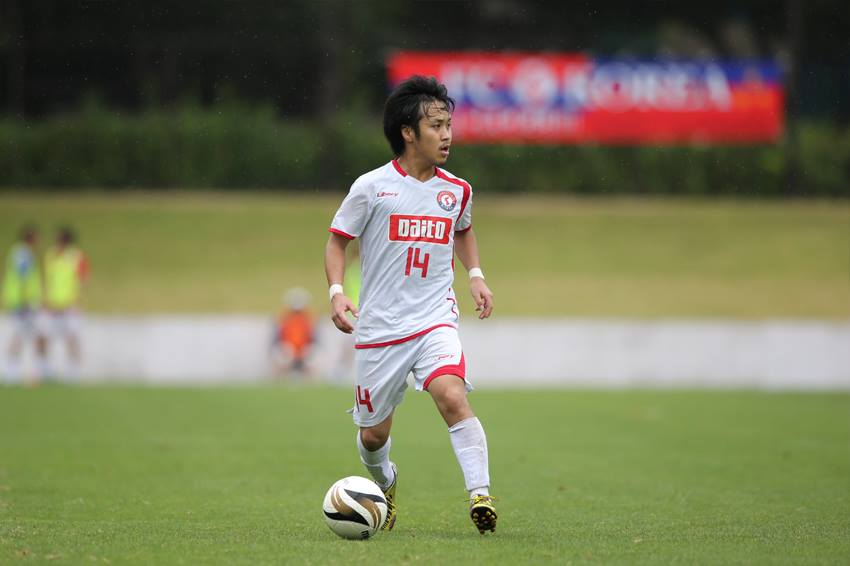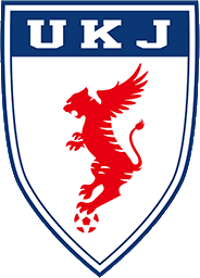The United Koreans in Japan are a pretty self-explanatory bunch. They are a group of Zainichi Koreans who have lived and worked in Japan for decades. The word ‘Zainichi’ is a Japanese word which means “foreigners who stay in Japan” and both North and South Koreans are part of this group, of which about one million people make up the biggest minority living in Japan today.
Mass immigration of Koreans to Japan first started in the 1920s, when demand for labour in Japan was high and many Koreans – mostly farmers from the south – were unemployed and finding it hard to make a living. Only a decade later the number of Koreans living in Japan multiplied massively, with close to half a million residing and working in the country. Those who made the move over the East Sea were forced to work in factories, mines and often under appalling conditions, which made life difficult for the Zainichis.
After World War II ended in defeat for Japan, more than two million Koreans decided to stay in Japan. But due to the Korean War and the signing of the San Francisco Peace Treaty in 1956, the Koreans still living in Japan lost their Japanese citizenship, effectively removing such rights as healthcare, housing and financial support from the government. As a result, the Koreans started returning to their homeland, as the prospect of staying in Japan was becoming increasingly unrealistic. Around a million of them stayed to fight for citizenship, and to this day 2nd– and 3rd-generation Zainichis are still residing in Japan, educated by one of the 218 DPRK-sponsored schools and working mainly in restaurants, construction and engineering.

The United Koreans in Japan (UKJ) have an interesting background in football. They were founded in 2015 and became a member of CONIFA in the same year, but Zainichi football in Japan dates back to the early sixties. The UKJ is essentially an international team extended from a pre-existing football club called FC Korea who play in the Kanto Football League, a regional football league in Japan. Founded as Zainichi Chosen Football Club, the club held strong links with organisations from the DPRK and consisted of players mostly from the North. However, after some political complications, the club decided to adopt the name FC Korea, and subsequently opened the squad for South Korean participation. The team were hopeful of gaining a place in the Japanese J-league – the Premier League of Japan – but due to player registration rules imposed regarding foreign players, they were rejected. A few Zainichi Koreans have been selected to play for the national teams of the North and South Korea in the past, but they do not have the opportunity to play as Zainichi Koreans, which is why they joined CONIFA.

In the 2018 edition of CONIFA, UKJ were coached by An Yong-Hak, a Japanese born midfielder who played for the DPRK in the 2010World Cup in Africa. He played in all three group games against Brazil, Portugal and the Ivory Coast coming up against megastars like Cristiano Ronaldo, Kaka and Didier Drogba. Unfortunately they didn’t make it any further than the group stages, despite the outrageous myth that claimed the people of DPRK were told they actually won the competition! In the 2018 CONIFA World Cup, UKJ finished a disappointing 12th in the competition, losing on penalties to Tibet after a few placement games against Tuvalu and Abkhazia. They’ll be hoping for a much better showing in Skopje this coming May!
United Koreans in Japan: Just the stats.
Manager – An Yong-Hak
Record Goal scorer – Tae An-sung
Biggest win – UKJ 9 – 0 Ryukyu
CONIFA Record – 2016 7th, 2018 12th.
Join us on our football tour to see the DPRK take on Turkmenistan in a crucial World Cup qualifying game at the May Day stadium!





